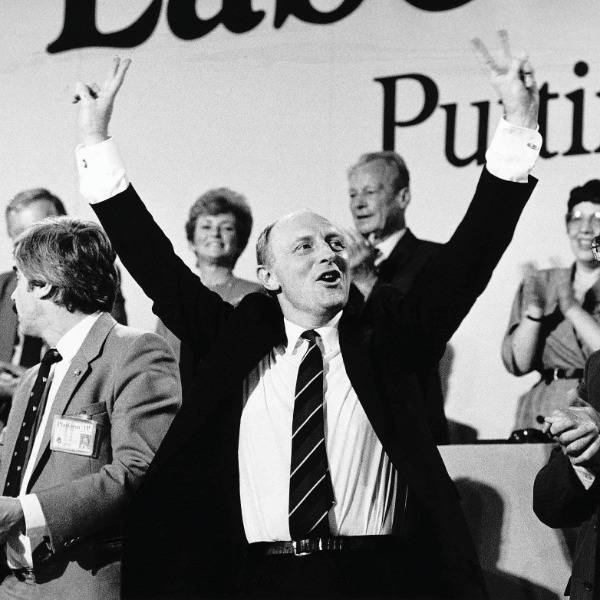How does British public policy handle religion? That was one of the questions that a new report, “Living with a Difference", sought to answer. The report was released by the Commission on Religion and Belief in Public Life, set up by the Woolf Institute, an academic organisation specialising in interfaith relations.
Published on 7 December, the report aims to suggest practical ways for government and citizens to respond to social change in England, Scotland, Wales, and Northern Ireland. It seeks to ensure a shared understanding of the fundamental values that underpin public life – guaranteeing religious freedom while also protecting the values of non-believers.
Many of the report’s recommendations are aimed at taking into account an increasingly diverse British society – which contains more than one religion, but is also less and less religious. Some of the suggestions are:
- Opening up representation in the House of Lords to faiths other than the Church of England
- Replacing the government-led approach to defining “British values” with a grassroots Magna Carta style statement of values
- Adjusting anti-terror legislation so it promotes rather than limits freedom of speech and expression
- Repealing the requirement for schools to hold acts of collective worship or religious observance, instead giving time for reflection
- Changing the BBC’s Thought for the Day so it includes non-religious speakers
- Introducing a statutory requirement for all state schools to teach religious and non-religious worldviews
Andrew Copson, chief executive of the British Humanist Association, was one of the 20 commissioners behind the report. “Perhaps no one will agree with every recommendation made today, but they all tend in the right direction, beginning to deal with a transformed social reality in Britain, and acknowledging that public policy has to change to accommodate that reality,” he said in a statement. “It is striking that this report has been composed by so diverse a group and on the basis of so much evidence from an even wider range of religious organisations and other stakeholders. Vital to the future of Britain as a cohesive society will be the ability of people of all religions and non-religious beliefs and identities to act together for the common good.”

